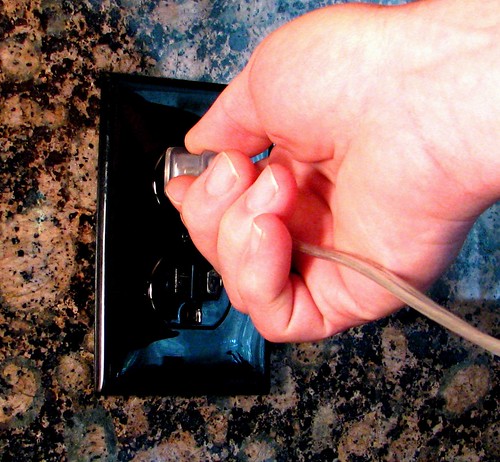 Sorry to send you into a sugar coma with the cuteness today!
Sorry to send you into a sugar coma with the cuteness today!
Today’s question is “What Quiets YOU?”
I was pleased to hear blogging and leadership superstar Michael Hyatt give out some serious props recently for naps and people who take them. I like working late, but my family needs me early. I need my naps. No, I don’t get them regularly. When I don’t something happens. I fall asleep reading. I go right into REM sleep too…as you might imagine.
Except for when I’m exhausted I can only nap when one other thing is in place:
I must feel safe.
If threats loom I am disquieted.
Trust is what quiets down my soul so I can wade through the rest of it, and lay me down to sleep. Trust in God, Trust in myself, and Trust in others.
In finding what quiets our souls we find not just peace, but vitality, and fullness. (click to tweet that reminder)
The hush may come from acceptance, wonder, rest, or satisfaction from a job well done, but it must be found.
Without it we just keep on wandering.
So ask yourself. “What Quiets Me?” How and where am I most settled?
Write down one word to remind yourself, and tape it up somewhere.
It will help you not just remember to find it, but it’ll help you remember who you really are.
To get the latest posts to nourish your Creative Soul, sign up here. (You expect posts 3-4 per week, or you can modify deliveries to suit your reading preferences.)Feel like sharing? What surprising thing calms your soul?






